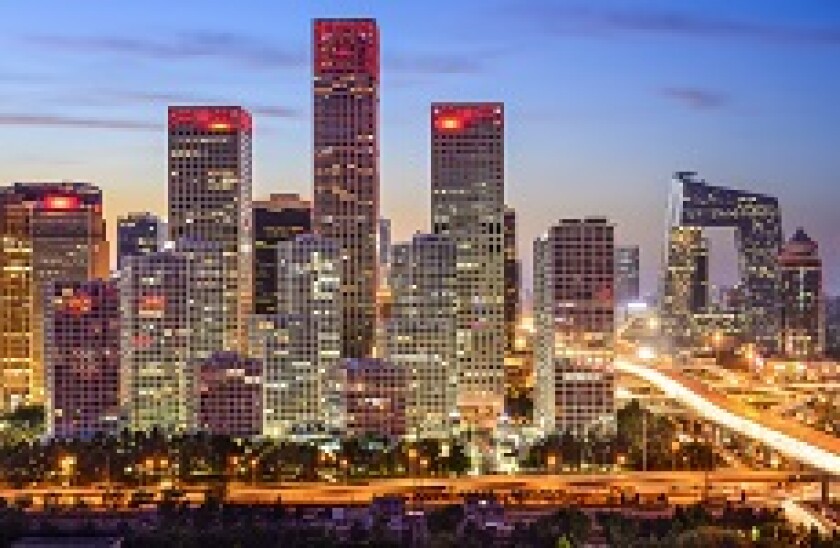The PBoC cut the reserve requirement ratio for all banks by 50bp last Friday. The cut will be effective on September 16. The central bank will cut another 100bp for smaller city-level commercial banks that operate in only one province. The additional cut will be phased in on October 15 and November 15.
The move will release a total of Rmb900bn ($126bn) in liquidity, the central bank said in its announcement.
*
China’s exports fell by 1% year-on-year in dollar terms in August, reversing the 3.3% year-on-year growth in July. The drop was mainly driven by a sharp 16% decline in exports to the US, as the China-US trade war rages on.
Exports growth to the European Union and ASEAN regions both moderated to 3.2% year-on-year and 11.2% year-on-year respectively, according to data released by the General Administration of Customs on Sunday. Imports also declined by 5.6%. China’s August trade surplus stood at $34.8bn, a $9.8bn decline from July.
“We think China’s monthly exports [will] likely continue to fluctuate between growth and contraction in the coming months, and overall expect a low-single-digit contraction in the second half of the year given weak external conditions amid trade uncertainties,” Eric Zhu, an economist at Barclays, wrote in a Monday note.
*
Protesters in Hong Kong were not appeased by chief executive Carrie Lam’s withdrawal of the extradition bill last Wednesday.
During the weekend, a small group of protesters set fire at one of the entrances of the city’s Central metro station, vandalised subway stations and set up barricades downtown. Additionally, thousands gathered in front of the US consulate to appeal for help from president Donald Trump.
*
China’s foreign exchange reserves rose to $3.11tr in August, a $3.5bn increase from July, according to a statement from the State Administration of Foreign Exchange on Saturday.
“Despite the appreciation of the dollar index in August, the small rebound of FX reserve showed that China’s capital flows remained largely stable unaffected by the escalation of the trade war,” Dongming Xie, head of Greater China research at OCBC Bank, wrote in a Monday note. “China’s FX reserve may benefit from the asset valuation effect as the global bond rally continued as a result of rising easing expectation.”
*
The China Banking and Insurance Regulatory Commission, together with the Ministry of Agriculture and Rural Affairs, issued a statement last Friday encouraging banks and insurers to step up support for the domestic hog production industry.
China’s pork prices have nearly doubled since July as the African swine fever outbreak sent the country’s pork supply down, according to the Ministry of Agriculture and Rural Affairs.
“Banks should improve financial service to those hog production-related companies that have temporarily encountered operational difficulties,” the statement read. “Banks should not blindly follow each other in cutting off loans to these companies.”
*
Hong Kong Exchanges and Clearing signed a memorandum of understanding with Ping An Insurance Group last Friday. The two sides agreed to explore areas of co-operation in financial technology and data analytics to enhance Hong Kong’s financial market ecosystem.

